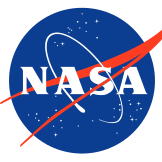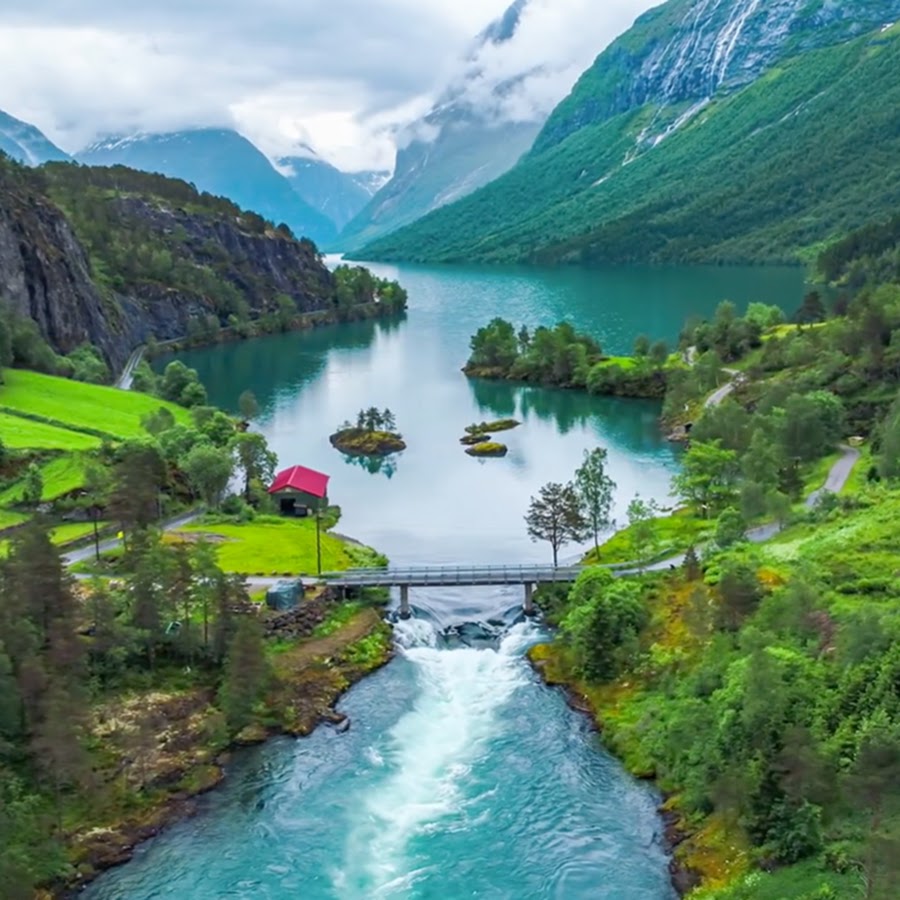Video Player is loading.
56
views •
November 11, 2018
WORLD LEADERS MARK 100 YEARS SINCE END OF WWI
Mark Liu
0 Followed
Commemorations are underway around the world to mark the moment 100 years ago when the slaughter of World War I finally stopped.
France, the epicenter of the first global conflict, is hosting the main international commemoration on Nov. 11, pressing home the point that the world mustn't stumble into war again, as it did so quickly and catastrophically with World War II.
World leaders walked side by side to commemorate the end of World War I in a somber, rain-soaked line as bells finished tolling.
Arriving a few minutes late, they missed the exact moment to commemorate the armistice that ended World War I, signed in northeastern France at 11 a.m. on Nov. 11, 1918.
Fighter jets passed overhead as the leaders walked to the Arc de Triomphe.
U.S. President Donald Trump headed separately to the memorial for security reasons, as did Russian President Vladimir Putin.
Trump, German Chancellor Angela Merkel, Putin, and dozens of monarchs, presidents and prime ministers from Europe, Africa, the Middle East and beyond joined French President Emmanuel Macron to mark the moment guns fell silent across Europe a century ago.
The commemoration is the centerpiece of global tributes to honor the 10 million soldiers who were killed during the 1914-18 war and the moment the armistice was signed into effect.
In a rare public display of emotion by the leaders of two world powers, Macron and Merkel held hands on Saturday during a poignant ceremony in the Compiegne Forest, north of Paris, where French and German delegations signed the Armistice that ended the war.
The conflict was one of the bloodiest in history, reshaping Europe's politics and demographics. Peace, however, was short-lived and two decades later Nazi Germany invaded its neighbors, sparking World War II.
On the other side of the globe, the first countries and territories to see the dawn kicked off the commemorations, pushing for peace with the simple act of recalling how the 1914-1918 war killed and wounded soldiers and civilians in unprecedented numbers and in gruesome new, mechanized ways.
Australia and New Zealand lost tens of thousands of people on foreign fields far away in Europe and, most memorably in the brutal 1915 battle of Gallipoli in Turkey. Both commemorated their dead Sunday.
Sunday's ceremonies were intended to drive home the disaster that would befall the world should it stumble into another global war.
Reuters contributed to this report.
Show All 
Comment 0











